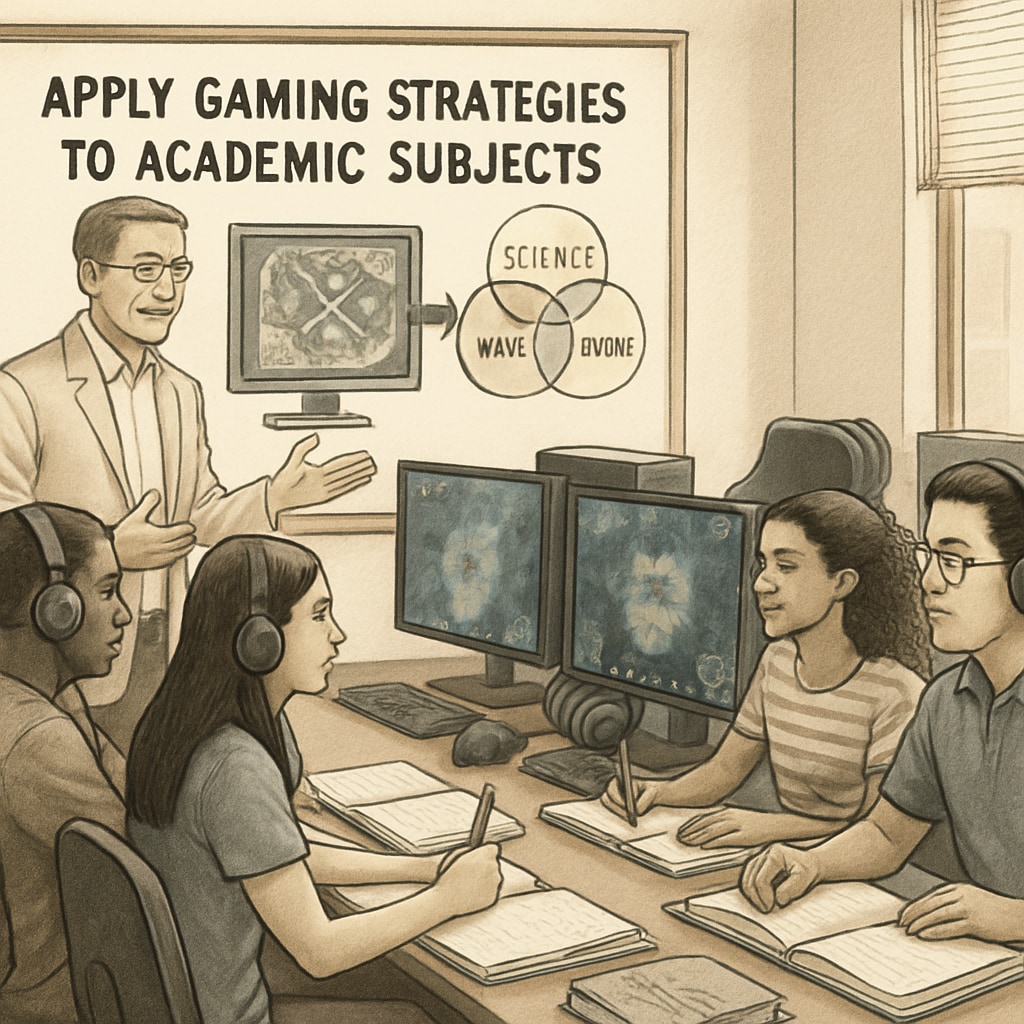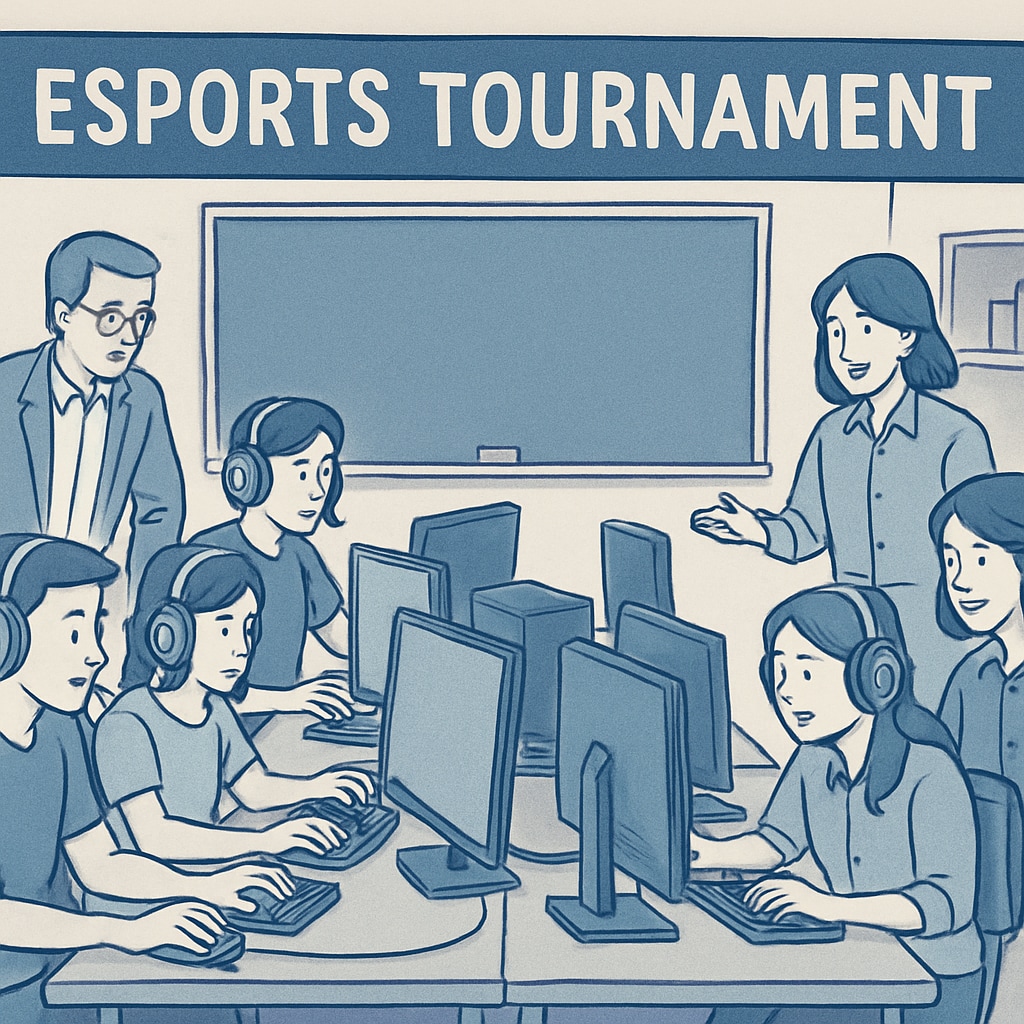Game-based learning, esports, and education are converging to create a groundbreaking approach to K12 learning. Through the strategic partnership between GameClass and NASEF (North America Scholastic Esports Federation), educators now have access to innovative methodologies that seamlessly integrate esports with core academic subjects. This unique fusion is transforming the educational landscape for over 9,000 esports clubs worldwide, redefining the way students engage with and absorb knowledge.
Why Esports and Education Are a Perfect Match
Esports, once considered merely a form of entertainment, has evolved into a multi-billion-dollar industry and a cultural phenomenon. Its popularity among younger generations makes it a compelling tool for education, engaging students in ways traditional methods often fail to achieve. By leveraging the competitive and collaborative elements of esports, educators can enhance critical thinking, problem-solving, and teamwork skills among students.
GameClass and NASEF have recognized this potential, creating educational frameworks that use esports as a medium to teach STEM subjects, language arts, and even social studies. For example, students can analyze game data to understand statistical probability or write persuasive essays about gaming strategies. These activities not only make learning more enjoyable but also prepare students for real-world applications.

Game-Based Learning: The Future of K12 Education
Game-based learning (GBL) uses the principles of gaming to foster educational development, making lessons interactive and immersive. Unlike traditional instruction methods, GBL employs challenges, rewards, and collaborative tasks to motivate students. This approach aligns perfectly with esports, which thrives on competition and engagement.
Through GameClass and NASEF’s initiatives, educators can access specialized curricula that integrate esports into daily lessons. For instance:
- Using esports tournaments to teach probability and statistics
- Exploring game design to understand coding and programming
- Analyzing in-game strategies to develop critical thinking skills
As a result, students not only acquire academic knowledge but also develop soft skills such as leadership and communication.

Global Impact and Accessibility
The partnership’s influence extends beyond individual classrooms, impacting thousands of esports clubs worldwide. By providing accessible resources and support, GameClass and NASEF are democratizing education for diverse communities. This ensures that schools, regardless of budget limitations, can participate in this educational revolution.
Furthermore, esports-based learning is breaking down geographical barriers. Virtual platforms enable students from different parts of the world to collaborate and compete, fostering cross-cultural understanding and communication. This global aspect prepares students for careers in an increasingly interconnected world.
Challenges and Opportunities
While the integration of esports into education offers numerous benefits, it also presents unique challenges. For example, some educators may lack familiarity with gaming culture, requiring training and support to implement these programs effectively. In addition, balancing screen time with traditional learning methods is crucial to ensure holistic development.
Despite these hurdles, the opportunities are vast. Schools can use esports programs to attract students who may otherwise disengage from traditional curricula. Moreover, esports-based learning can help bridge the gap between academic knowledge and practical skills, preparing students for careers in technology, media, and beyond.
Readability guidance: Short paragraphs and lists have been used to summarize key points; overuse of passive voice and long sentences has been avoided. Transitions such as “however,” “as a result,” and “in addition” have been incorporated throughout to maintain flow.


